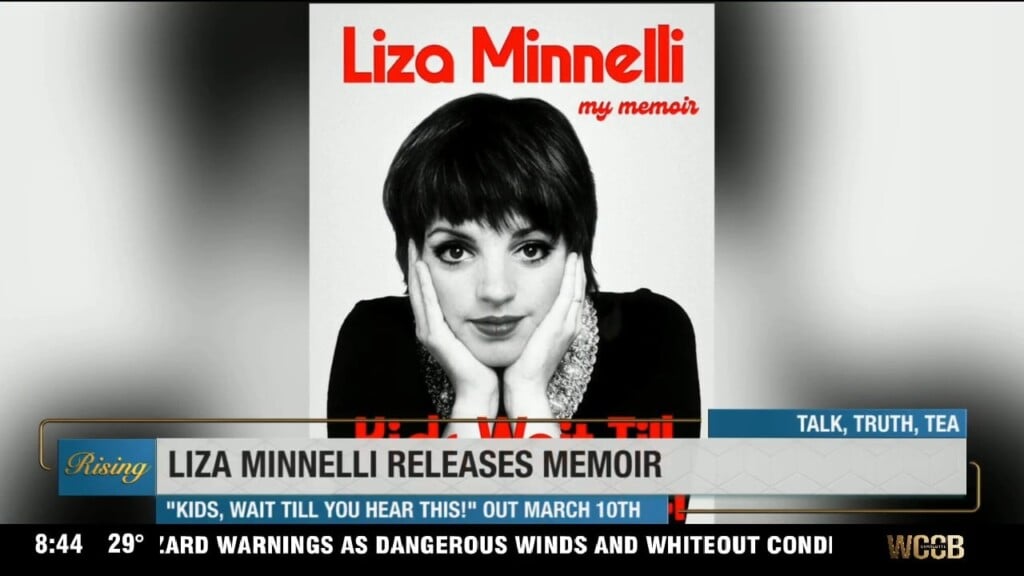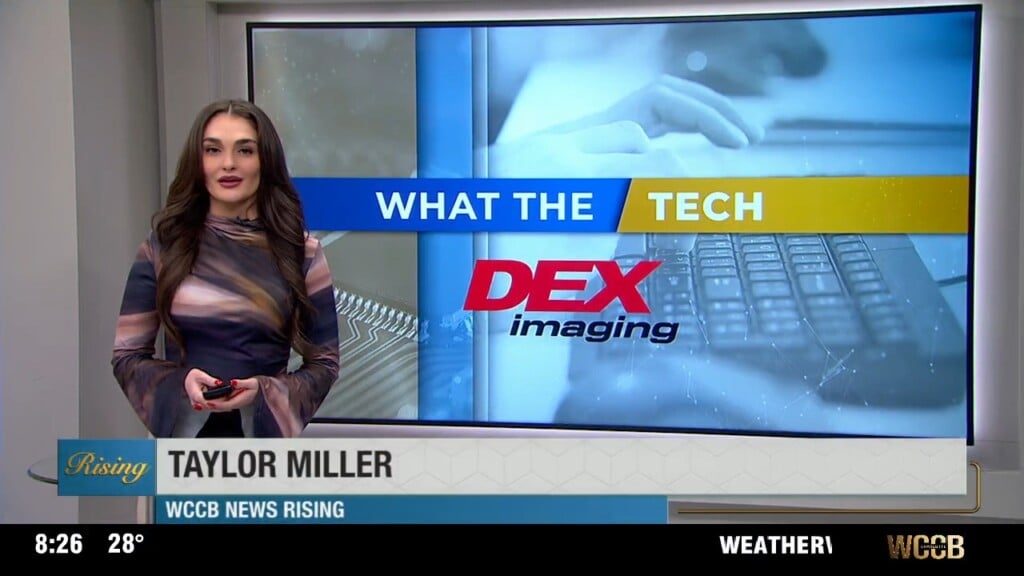WASHINGTON – President Donald Trump on Monday signed a sweeping executive order setting a 30-day deadline for drugmakers to electively lower the cost of prescription drugs in the U.S. or face new limits down the road over what the government will pay.
The order calls on the health department, led by Robert F. Kennedy Jr., to broker new price tags for drugs over the next month. If deals are not reached, Kennedy will be tasked with developing a new rule that ties the price the U.S. pays for medications to lower prices paid by other countries.
“We’re going to equalize,” Trump said during a Monday morning press conference. “We’re all going to pay the same. We’re going to pay what Europe pays.”
It’s unclear what — if any — impact the Republican president’s executive order will have on millions of Americans who have private health insurance. The federal government has the most power to shape the price it pays for drugs covered by Medicare and Medicaid.
Trump’s promised new — but uncertain — savings on drug prices, just hours after the Republican-led House released its new plan to trim $880 billion from Medicaid.
Taxpayers spend hundreds of billions of dollars on prescription drugs, injectables, transfusions and other medications every year through Medicare, which covers nearly 70 million older Americans. Medicaid, which provides nearly-free health care for almost 80 million poor and disabled people in the U.S. also spends tens of billions of dollars each year for drugs.
Top US drugmakers say Trump’s order is bad for patients
The nation’s pharmaceutical lobby, which represents the top U.S. drugmakers, immediately pushed back against Trump’s order, calling it a “bad deal” for American patients. Drugmakers have long argued that any threats to their profits could impact the research they do to develop new drugs.
“Importing foreign prices from socialist countries would be a bad deal for American patients and workers,” Stephen J. Ubl, the president and CEO of PhRMA, said in a statement. “It would mean less treatments and cures and would jeopardize the hundreds of billions our member companies are planning to invest in America.”
Trump’s so-called “most favored nation” approach to Medicare drug pricing has been controversial since he first tried to implement it during his first term. He signed a similar executive order in the final weeks of his presidency, which called for the U.S. to only pay a lower price that other countries pay for some drugs — such as injectables or cancer drugs given through infusions — administered in a doctor’s office.
That narrow executive order faced hurdles, with a court order that blocked the rule from going into effect under President Joe Biden’s administration. The pharmaceutical industry argued that Trump’s 2020 attempt would give foreign governments the “upper hand” in deciding the value of medicines in the U.S.





